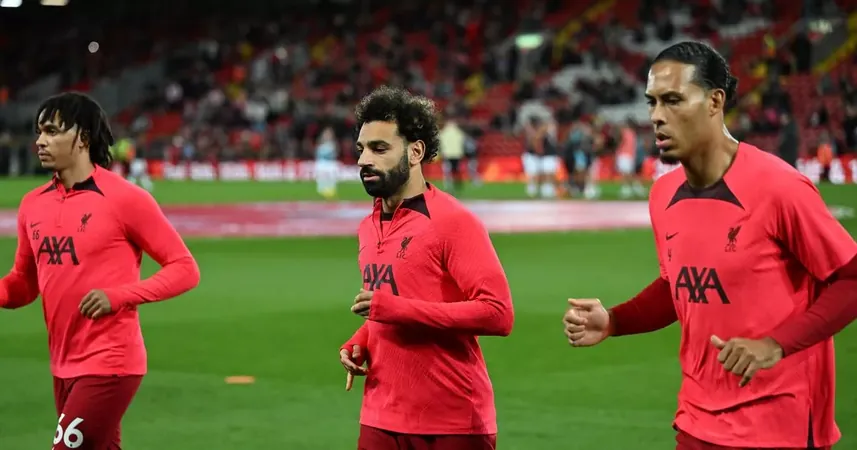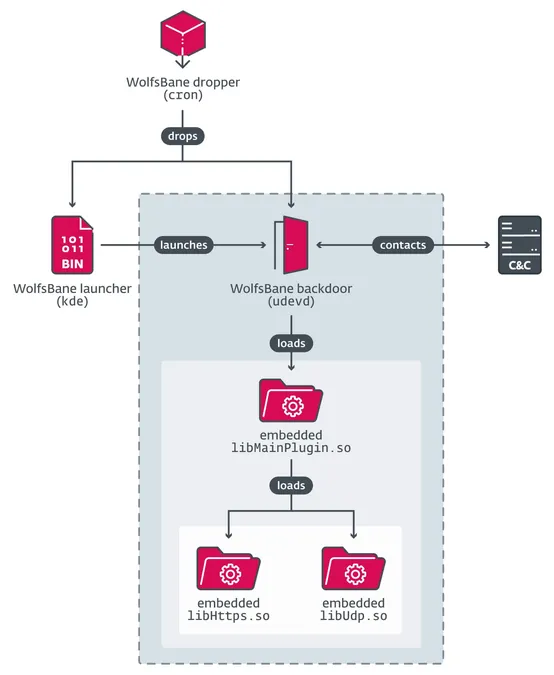
Liverpool Faces Crucial Decisions on Contracts for Key Stars Salah, Van Dijk, and Alexander-Arnold
2024-11-21
Author: Rajesh
Liverpool's Impressive Start and Key Concerns
As Liverpool embarks on an impressive start to the Premier League season under new manager Arne Slot, a simmering concern looms over the future of three of its star players: Trent Alexander-Arnold, Mohamed Salah, and Virgil van Dijk.
All three are set to see their contracts expire at the end of the current season, putting immense pressure on the club's ownership, Fenway Sports Group (FSG), to reach favorable agreements.
Importance of Retaining Key Players
These pivotal players are not just vital for Liverpool's immediate success but are also essential to the team’s long-term ambitions.
Given their contributions, the expectation from fans is that FSG will invest in extending their contracts, ensuring they remain at Anfield for several more years.
Financial Implications of Retaining Talents
However, the financial implications of retaining such high-profile talents present a complex challenge.
Salah and Van Dijk, both in their thirties, have transferred their experience into exceptional performances, but their age raises the question of worth in any potential contracts based on future performance rather than past achievements.
Traditionally, players in this age bracket may be offered reduced salaries, a suggestion that could be received unfavorably by players who still deliver top-tier results.
FSG's Potential Strategy
FSG may employ a strategy of performance-linked incentives to entice Salah and Van Dijk to sign new deals.
This would allow Liverpool to safeguard their finances while also rewarding the players for their contributions as the seasons progress.
Such a system has previously served FSG well across its sports franchises, helping manage payroll while also aligning player earnings with the club's success.
Challenges in Negotiations
However, the negotiation landscape is challenging.
Players naturally seek security and compensation that reflects their market value, particularly in the current climate where the Saudi Pro League is known for attracting top talent with lucrative offers.
The financial landscape has shifted, providing players and their agents significant leverage in contract discussions.
The prospect of replacements who can perform at the same level is daunting – acquiring new players of equivalent quality could cost Liverpool dearly.
Adjusting Image Rights Agreements
Moreover, the prospect of adjusting image rights agreements could also enter negotiations, providing additional avenues for compensation that cater to both the club's financial model and the players' aspirations.
Conclusion
As FSG navigates through these crucial contract talks, the decisions made will play a decisive role in shaping the squad's future and the immediate ambitions of one of England's most storied clubs.
Will FSG manage to keep these key players happy and secure their services for the long haul? Or will they falter under pressure, risking both the team's stability and future? Only time will tell as the story unfolds on and off the pitch.



 Brasil (PT)
Brasil (PT)
 Canada (EN)
Canada (EN)
 Chile (ES)
Chile (ES)
 España (ES)
España (ES)
 France (FR)
France (FR)
 Hong Kong (EN)
Hong Kong (EN)
 Italia (IT)
Italia (IT)
 日本 (JA)
日本 (JA)
 Magyarország (HU)
Magyarország (HU)
 Norge (NO)
Norge (NO)
 Polska (PL)
Polska (PL)
 Schweiz (DE)
Schweiz (DE)
 Singapore (EN)
Singapore (EN)
 Sverige (SV)
Sverige (SV)
 Suomi (FI)
Suomi (FI)
 Türkiye (TR)
Türkiye (TR)